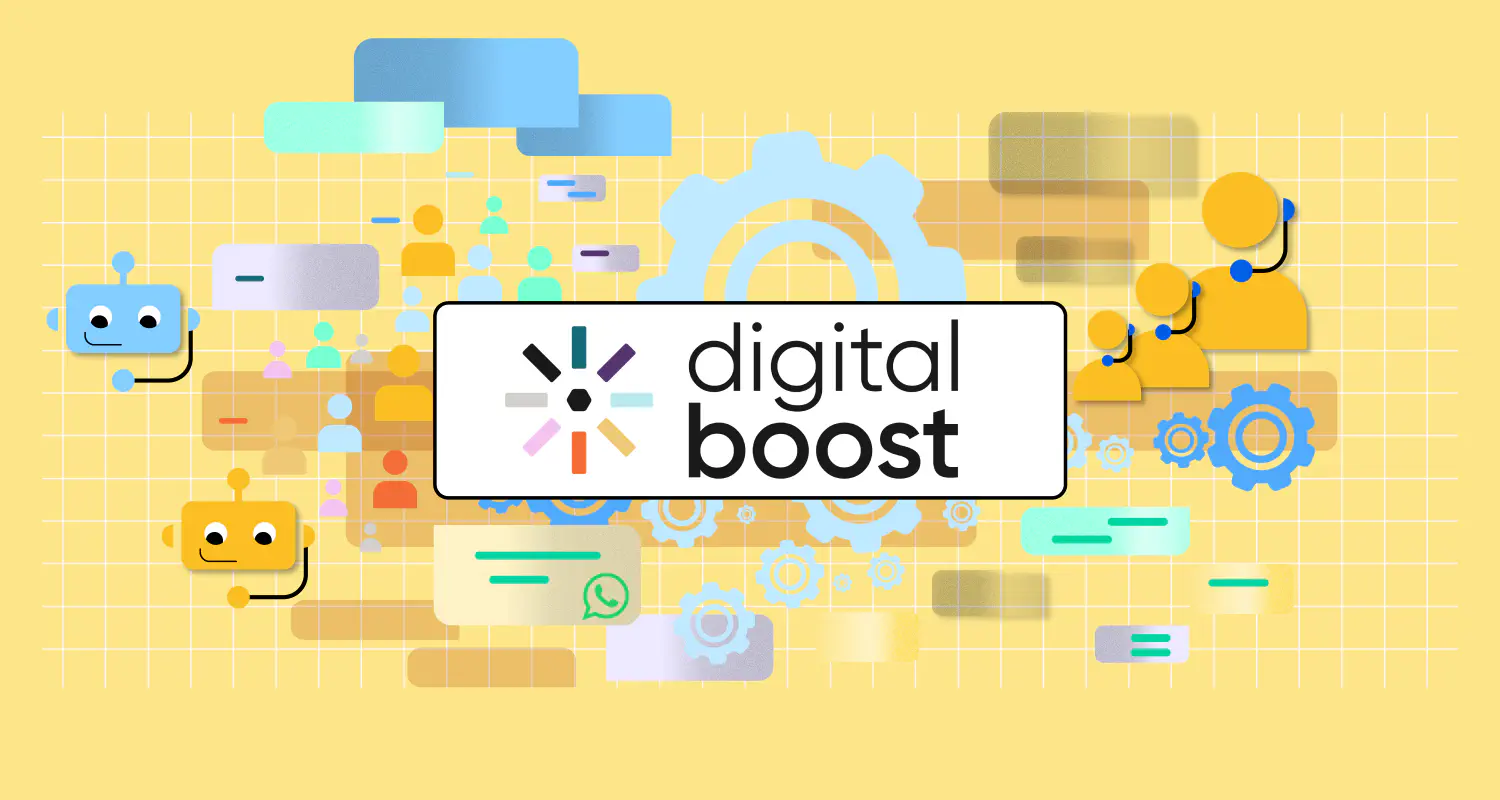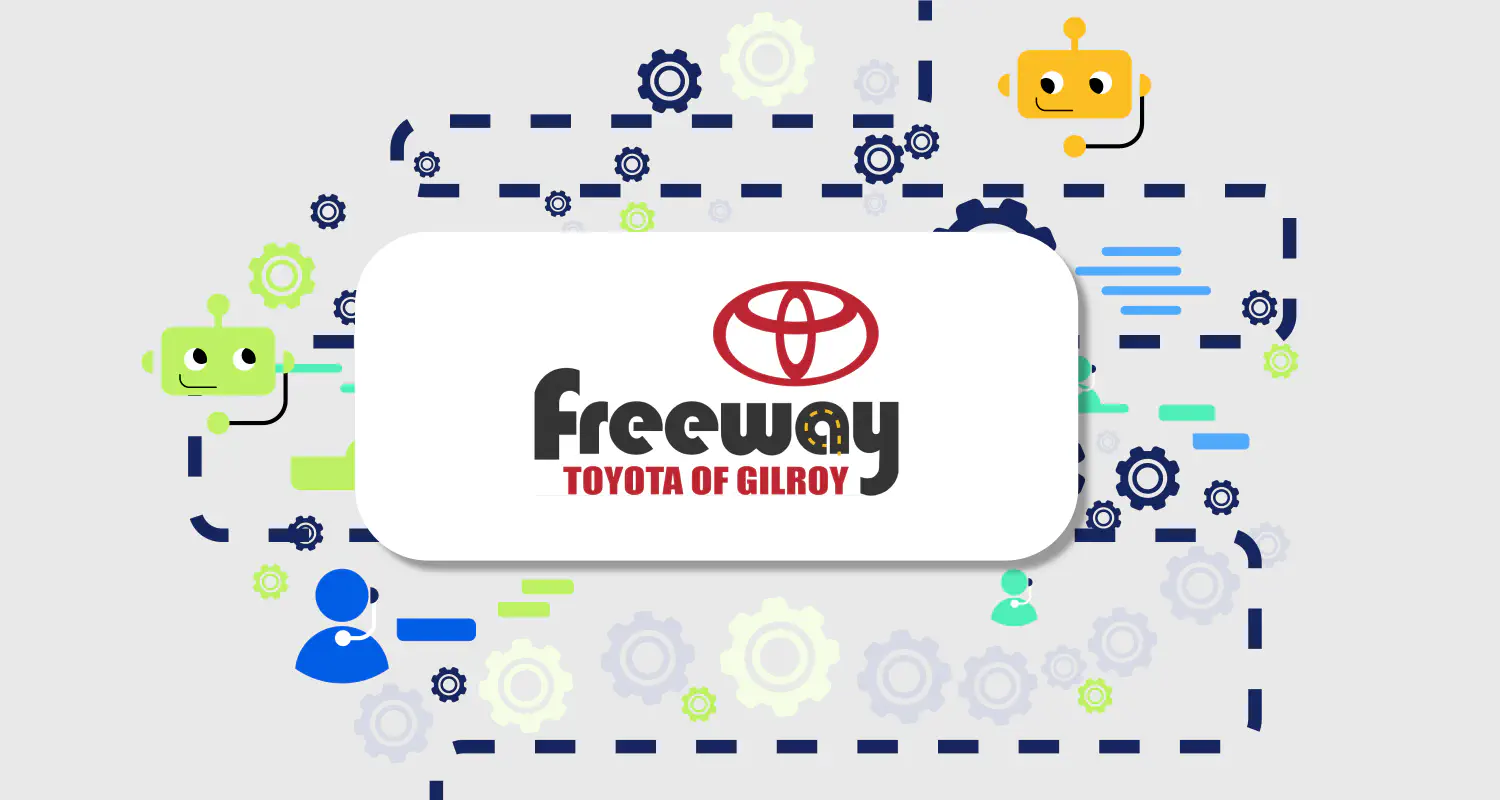15% Sales Growth: A SaaS Company’s WhatsApp Strategy

A fast-growing fintech SaaS company was rapidly expanding across Brazil and Latin America, helping online shop owners manage their payments. Their platform made it easy to accept payments, track transactions, send automated invoices, and handle business expenses.
But as they scaled, their sales team of over 30 agents ran into a major roadblock: they relied heavily on WhatsApp for customer communication while using Salesforce as their CRM—and the two weren’t integrated.
The challenge
Without a seamless connection between WhatsApp and Salesforce, the sales team faced major inefficiencies that hurt their performance:
Manual updates on Salesforce led to missed opportunities
Sales reps had to manually update Salesforce after every conversation. Each agent was responsible for logging interactions, recording lead statuses, and updating deal progress. Since sales reps often handled multiple conversations simultaneously, record-keeping frequently took a backseat.
In addition, incomplete or outdated information caused confusion when following up with leads, making it difficult to track engagement history. As a result, some leads received duplicate outreach while others were forgotten altogether, leading to lost opportunities and inefficient prospecting.
Managers lacked visibility into key metrics
Leadership struggled to monitor WhatsApp-driven sales efforts. Data on the number of inbound leads from WhatsApp, engagement rates, and conversion progress was either missing or fragmented.
Managers couldn’t gauge rep productivity or identify pipeline bottlenecks. The lack of structured reporting made it nearly impossible to allocate resources effectively or refine sales strategies. Without a clear view of sales performance, forecasting became guesswork rather than a data-driven process.
Leads were slipping away due to slow responses
Potential customers frequently experienced long wait times for responses. Without automated follow-ups or structured response tracking, messages were often buried in ongoing conversations. During peak sales periods, reps couldn’t prioritize hot leads effectively, resulting in slow engagement.
Delayed responses lowered the likelihood of converting interested prospects, and many leads moved on to competitors offering faster communication. Without a structured approach, sales teams struggled to maintain a steady pipeline and lost revenue opportunities.
Handover issues caused confusion
Lead ownership and context were lost whenever an SDR passed a prospect to an AE. Since all WhatsApp conversations were stored on individual phones, important details were missing in Salesforce. AEs had to rely on verbal briefings or fragmented messages, leading to misalignment in prospect communication.
On top of that, customers were frequently asked to repeat information they had already shared with SDRs, creating frustration and lowering confidence in the sales team’s professionalism. If an SDR left the company, all their WhatsApp leads became inaccessible, further worsening the issue.
Failed integration attempts made things worse
To solve these problems, the company attempted to link WhatsApp Web with Salesforce using a third-party extension. However, the extension was neither compliant with WhatsApp’s Terms of Service nor secure.
Shortly after implementation, WhatsApp banned their numbers, cutting off a crucial communication channel. The sudden disruption forced the team to revert to manual processes while searching for a new solution, leading to significant downtime and loss of momentum in their sales efforts.
The solution
Rasayel’s WhatsApp Sales Platform provided the perfect fix by deeply integrating with Salesforce and transforming both inbound and outbound sales processes.
Qualified inbound leads were captured instantly
Previously, inbound leads had to fill out a form on the website and wait for a response via email—a slow and outdated process. With Rasayel, everything changed:
- Leads could now reach out via a WhatsApp widget on the website.
- A chatbot qualified them instantly and collected their information, which was automatically recorded in Salesforce.
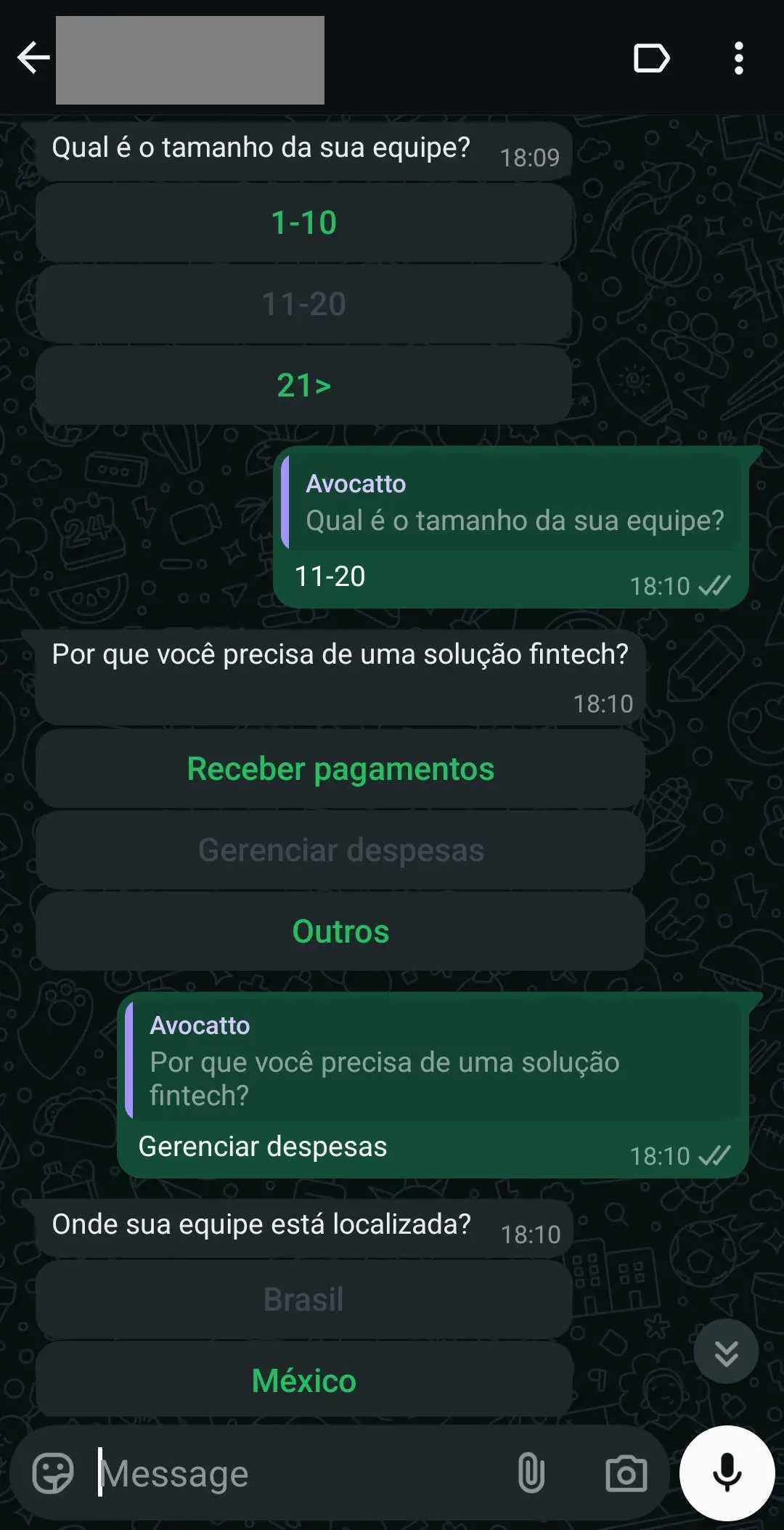
- The right sales rep was notified based on availability, ensuring fair distribution of leads.
- Leads could book demos directly inside WhatsApp and get immediate answers to product questions, keeping them engaged.
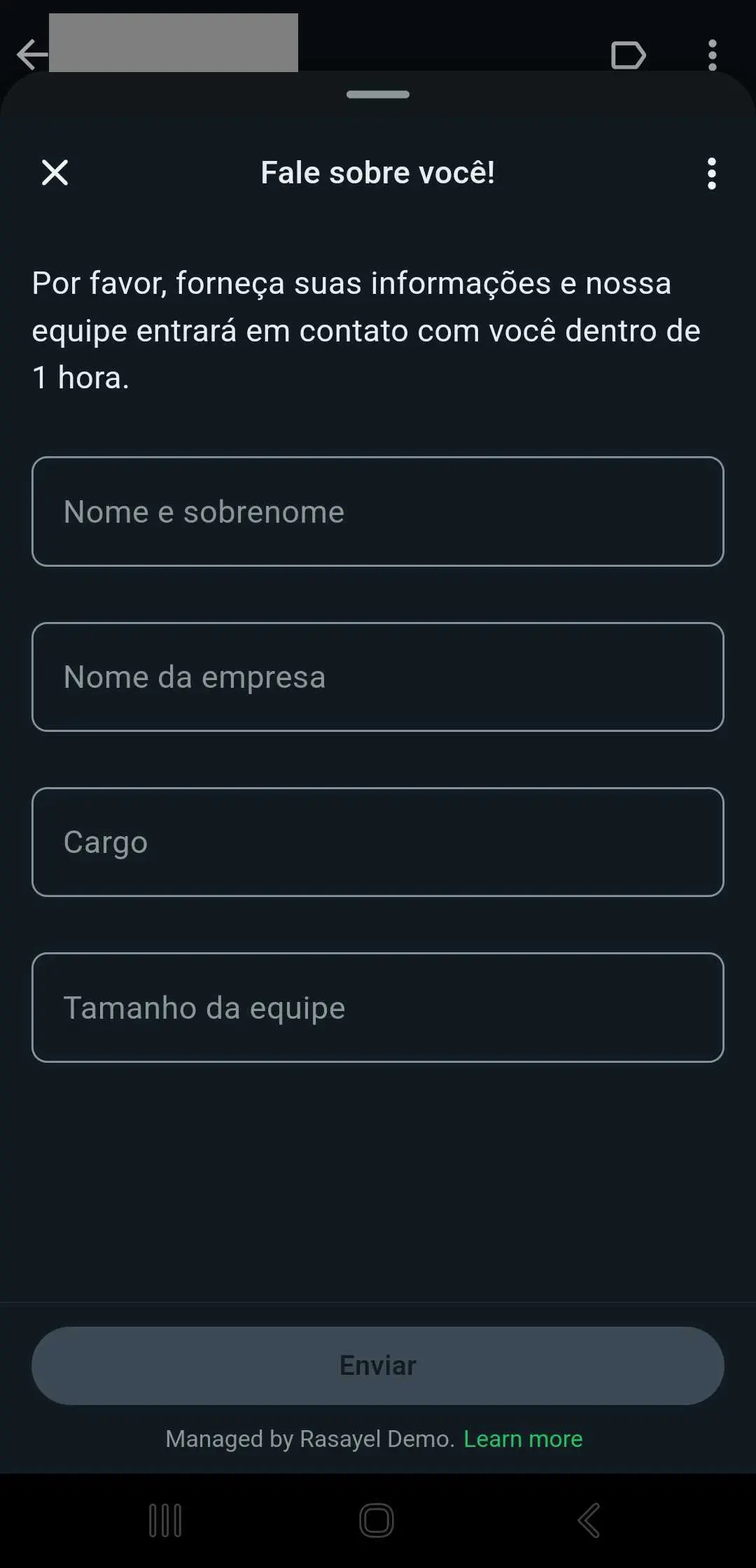
Automated follow-ups ensured no lead was dropped
Outbound sales also got a major upgrade. Instead of relying solely on calls and emails, reps could seamlessly shift conversations to WhatsApp, where engagement was much higher. From there:
- Rasayel AI or the sales team handled lead interactions, answered questions, and scheduled demos.
- After demos, automated follow-ups with videos, infographics, and other content kept leads interested.
- In special cases where automation wasn’t enough, sales reps handled the leads manually
These automations saved the team 68% of their time, allowing them to focus on high-value interactions instead of tedious manual tasks.
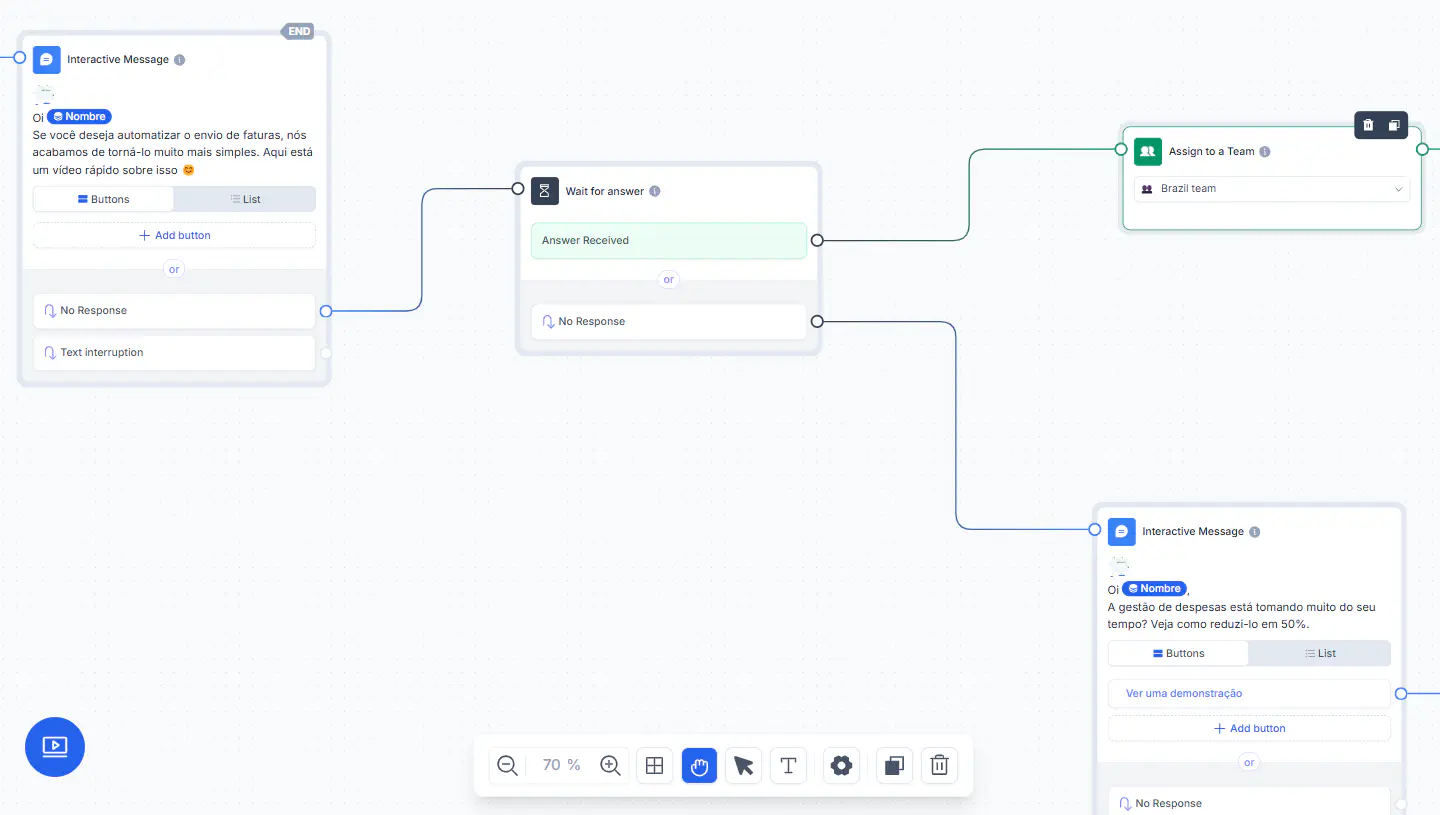
Managers finally had full visibility
With Rasayel’s Salesforce integration, every WhatsApp conversation was logged in Salesforce in real-time, ensuring no lead was ever lost. Managers could now track:
- Total number of WhatsApp leads
- Lead statuses and pipeline value in real-time
- Average lead response and waiting times
- Accurate sales cycle length
Armed with this data, they could identify areas where their team needed support, fine-tune messaging strategies, and confidently forecast sales.
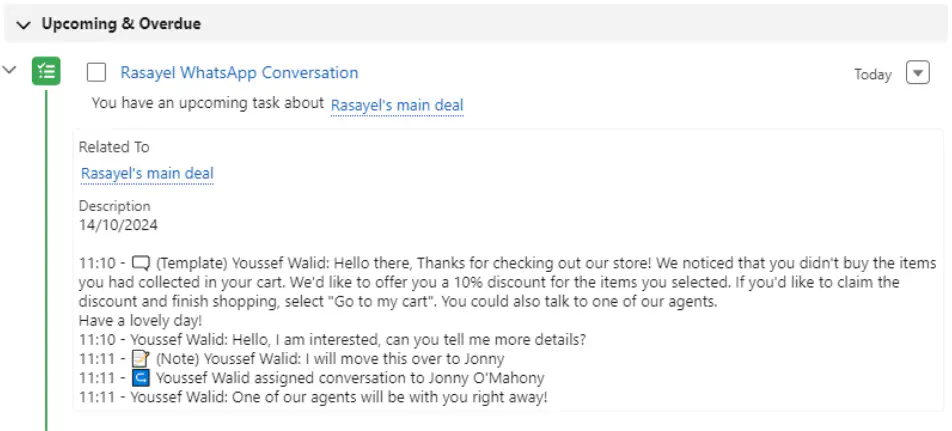
The impact
Here’s what the company achieved within 3 months:
- 36% reduction in sales cycle length due to automation and smoother handoffs
- 66% time saved by eliminating repetitive manual work
- 15% increase in closed deals thanks to improved lead nurturing and follow-ups
- Zero dropped leads as every conversation was now tracked
- 297% ROI
- Better forecasting and pipeline control with clear data insights
In the words of Juan Camilo C, Head of Sales:
“Lead dropping was inevitable when we used WhatsApp without automation. Without integration, our sales reps couldn’t keep up, and we lost around 40% of our leads. Given our average deal size of 1,700 Brazilian real, that was a huge loss. Rasayel’s WhatsApp Sales Platform transformed the way we work. It didn’t just accelerate our sales cycle—it completely changed how we sell in a competitive fintech landscape.”

Miodrag is a seasoned WhatsApp marketing expert with over 15 years of experience in B2B sales and communication. Specializing in the use of WhatsApp Business API, he helps businesses use WhatsApp’s marketing features to grow their sales and improve customer engagement. As one of the early adopters of WhatsApp Business, Miodrag has a deep understanding of its tools and strategies, making him a trusted authority in the field. His insights have helped many businesses with their communication strategies to achieve measurable results.


